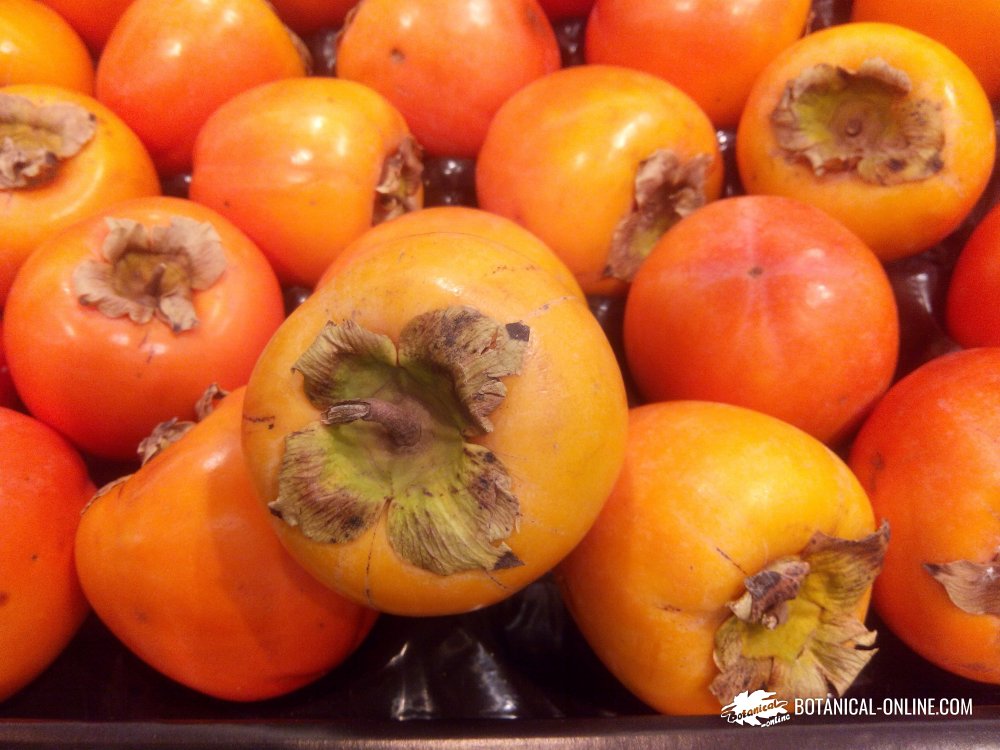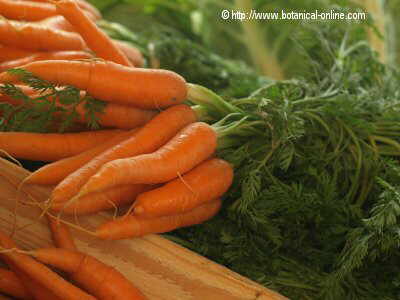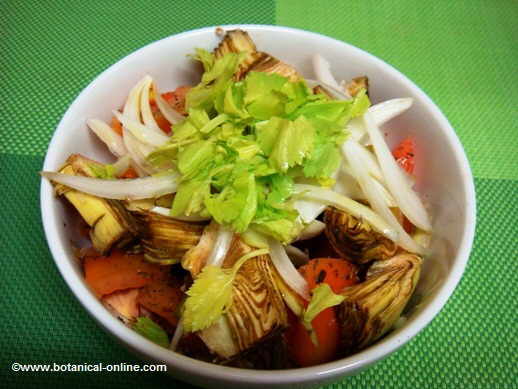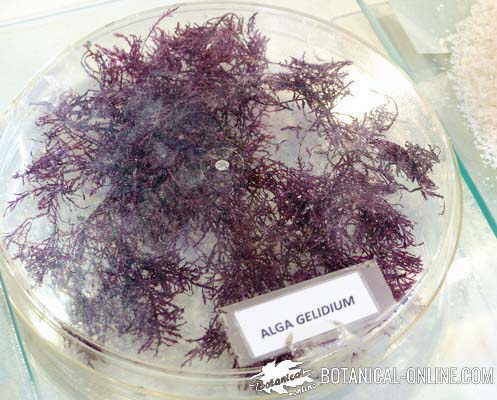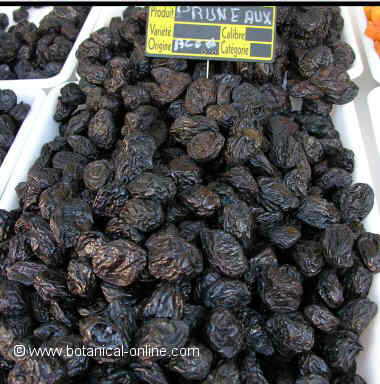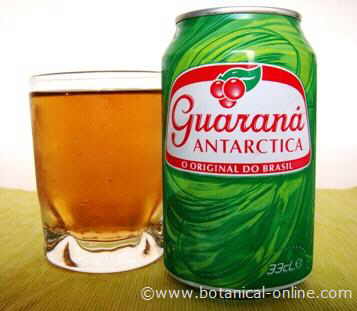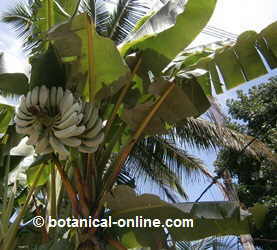Contents
Antinutrients of minerals
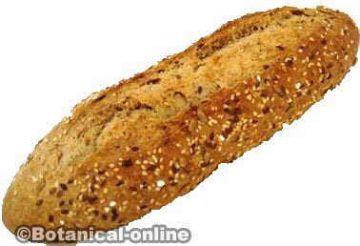
Food substances that prevent the absorption of minerals
Foods may contain substances that sequester minerals, that is, capable of preventing the absorption of these mineral nutrients, such as calcium, magnesium or iron. They are also called mineral thieves.
Mineral antinutrients
In dietetics, these substances are called antinutrients, and are found naturally in many foods, especially those of plant origin.
Antinutrients are not toxic, but decrease the nutritional value of the diet. Its presence in food does not usually represent a nutritional problem for most people.
Knowing what are the foods that sequester minerals will allow you to better combine foods to get a more nutritious and complete diet.
People who have nutrient deficiency problems (anemia, lack of calcium, etc.) should pay more attention to the foods that contain these mineral antinutrients
Spinach and chard sequester calcium from food
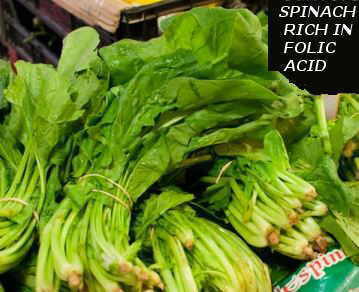
Spinach and chard prevent calcium absorption because they are the richest oxalate foods in the diet. Oxalates are substances that complex with calcium forming calcium oxalate crystals. This complex cannot be absorbed in the intestine, so the calcium in food cannot be assimilated and will be expelled by feces.
In general, this is not a problem because the diet provides enough calcium to compensate for these small point losses, the days these vegetables are consumed.
However, eating many spinach or many chard habitually can produce kidney stones.
The same can happen with the excessive consumption of other vegetables also very rich in oxalates, such as cocoa powder, huauzontles, rhubarb or beets.
It is advisable to eat foods with many oxalates in moderation and it is only recommended to avoid them if you have kidney stones, urinary infections or malabsorption problems that can affect minerals (Crohn, colitis, etc.).
They can be replaced with other vegetables such as nettles, borage, cauliflower, broccoli, and so on. Nature offers an immense range of vegetables.
* More information: How to remove oxalates from food
Coffee and tea prevent the assimilation of iron and calcium

Drinking tea or coffee can be a very healthy habit, because these infusions provide us with stimulating properties that help us start the day with more energy. Other times, they invite us to take a break in good company.
The possible drawback of these drinks, in addition to overexcitation due to the effects of caffeine, is that they contain different substances that prevent the assimilation of minerals such as calcium, magnesium and iron. Those responsible are mainly their tannins, xanthines and oxalates.
That is why it is not a problem to drink a reasonable amount of coffee or tea every day, as these infusions are perfectly compatible with any healthy diet.
However, it is convenient that people who have anemia or lack of calcium have the precaution of not drinking these drinks in excess and also to do it with meals, because doing this would decrease their nutritional value.
For example, drinking a lot of coffee or tea infusions during the day would prevent the proper assimilation of iron from food.
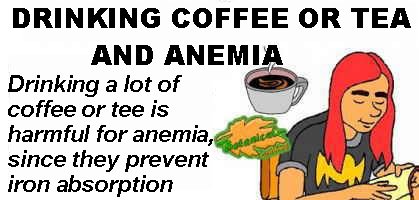
* More information: Coffee and tea for anemia
Whole grains and phytates as antinutrients
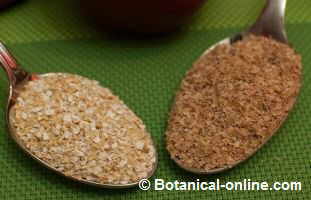
Whole grains are rich in phytates that, like other antinutrients studied in this article, can capture minerals and prevent their absorption. Phytates have a special affinity for zinc and iron, which are the main minerals that their intake would affect.
But in this case, there is some controversy over whether to consider phytates as antinutrients, since numerous studies have shown that phytates can play a beneficial role for health.
The possible mineral loss that can be caused by the consumption of foods naturally rich in phytates, such as brown rice or millet, is minimal. Therefore, it does not involve a nutritional risk and cannot be considered as a potent antinutrient.
What can be harmful is the excessive consumption of cereal bran, which would be very rich in mineral sequestering components.
These types of products, such as oats or wheat bran, are often used to solve constipation and cholesterol.
Other foods rich in phytates, such as seeds, nuts and legumes, contain much less phytates than whole grain products.
* More information: Phytates of cereals, seeds and legumes
Soy and cruciferous against iodine
Plants of the cruciferous family, which include vegetables such as cabbage , broccoli, cauliflower, arugula or radishes, contain a series of compounds that prevent the correct assimilation of iodine. These components are called goitrogenic compounds.
Soybeans and their derivatives also have this type of antinutrient, and perhaps for this reason, to prevent the inhibition of iodine absorption, in traditional Japanese cuisine, soybeans are always accompanied by seaweed, which are the richest foods in iodine.
![]() More information on antinutrients
More information on antinutrients

